How to make ends meet on a SASSA old age grant
At just R1 990 per month, the SASSA old age grant is clearly not sufficient to live on. And the extra R20 you get if you are 75 years or older makes very little difference. Little wonder then, that life is a daily struggle for South Africa’s state pensioners.
During their working lives, the majority did not earn enough to support their families, let alone save for their retirement. So when they reach their 60s and 70s, they have no other income. Almost half of all pensioners in South Africa (47%) have to rely on their families or friends to support them financially.
Affordable accommodation is one of the greatest needs. If you are able to move in with grown up children or friends, you may be able to live rent free, or pay only a small portion towards the cost. People who live together can also save by sharing meals and other expenses like transport.
Bleak outlook for those with no families
But for those who have no families, the outlook is bleak. As an organisation serving the needs of Durban’s elders, Tafta receives accommodation requests on a daily basis. Allan* has been on our waiting list for several months. “I really hope to get a chance to move into a room at Tafta soon,” he says. “I cannot pay rent and buy food with my pension.”
Frank* is another pensioner who can’t afford to pay rent. So he lives in his car, which he has permission to park in a business yard at night. He is also allowed to use the staff ablutions. But he has nowhere to wash his clothes or cook – and safety is a concern.
Life seems easier for Joy* a softly spoken elder who owns her home outright, having paid off her bond years ago when her husband was still alive. Not having to pay rent is a huge relief, and she also gets a rates concession on her municipal bill.
If you own your own home
Joy spends around R600 per month on lights and water. And what’s left has to cover food, toiletries and her medication. She only eats meat once a week. The rest of the time, she has toast, two minute noodles and sandwiches for breakfast, lunch and dinner.
Maintaining her home is also a worry. Joy can’t afford to fix the window frames that are rotting, the kitchen door that sticks in humid weather, faulty electrical plugs or paint peeling off the walls. Her home is literally crumbling around her.
Ideas to help make ends meet
If you find yourself in this situation, consider renting out a spare room or outbuilding to earn additional income that can be used to help maintain your home. Or ask friends to share your home and pool your income to buy nutritious food and other necessities.
Are you a retired teacher? Consider offering a tuition service for children who’ve fallen behind at school. Or offer music, photography, art, swimming, or chess lessons if you have those skills.
Start your own small business
In an age where many younger people have a side hustle to help them make ends meet Tafta, in collaboration with the Global Institute for Experienced Entrepreneurship (GIEE), recently launched a pilot programme aimed at encouraging elders to think about setting up a small business, using their existing skills and experience.
If you’re good at cooking or baking, you could make and sell ready cooked meals, cupcakes, cookies or samoosas. You could do something as simple as making sandwiches and selling them to nearby office workers. If you’re good at sewing, why not take orders for garments, shopping bags and curtains? Or make hand-knitted garments, wooden items or furniture. Make and sell jewellery. Or grow and sell pots of kitchen herbs.
You could also sell items like clothing, gadgets or make-up on commission. Or even start your own online shop. The possibilities are endless and you don’t need a big start up capital.
Won’t that make me ineligible for the SASSA grant?
You can earn up to R7 190 per month, and still be eligible for a SASSA grant, provided your assets are less than R1 227 600. Elders participating in the Tafta programme will attend workshops at Langeler Towers, where they’ll be introduced to entrepreneurship and coached on successful pitching and business skills.
“We are hopeful that the programme will not only help older people earn extra income, but also promote wellbeing by alleviating feelings of loneliness, exclusion and distress,” said Tafta CEO, Femada Shamam.
If you are over the age of 60 and are interested in participating in this entrepreneurial programme, contact Yougendri Moodley on 031 332 3721 or email info@tafta.org.za
*Names changed to protect identity.


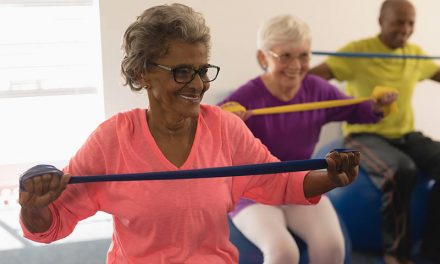
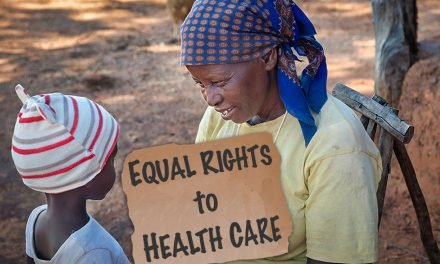
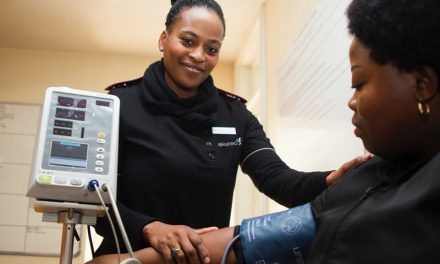
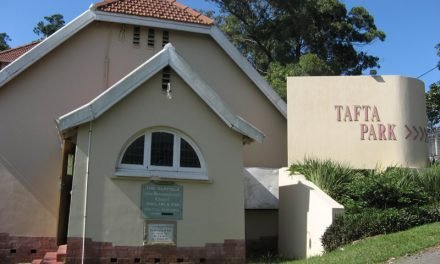
 Save tax with a Section 18A Certificate from Tafta
Save tax with a Section 18A Certificate from Tafta Tafta CEO, Femada Shamam shares her reflections on the SONA
Tafta CEO, Femada Shamam shares her reflections on the SONA Valentine’s Day on a budget – love that doesn’t cost a thing!
Valentine’s Day on a budget – love that doesn’t cost a thing! Age-readiness vs Age-friendliness – preparing South Africa for long life
Age-readiness vs Age-friendliness – preparing South Africa for long life Sisonke – ‘we are together’ – is Tafta’s theme for 2026
Sisonke – ‘we are together’ – is Tafta’s theme for 2026 From Durban Social Worker to Global Champion for Older Persons
From Durban Social Worker to Global Champion for Older Persons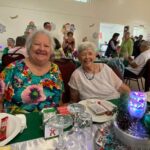 Christmas joy – good food and good company, thanks to you!
Christmas joy – good food and good company, thanks to you!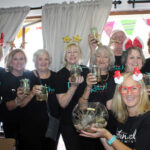 Robin Hood Foundation spreads love across Tafta Homes
Robin Hood Foundation spreads love across Tafta Homes 12 Days of Giving – spread joy to older people this Christmas
12 Days of Giving – spread joy to older people this Christmas Tafta resident pens powerful tribute to heritage and hope in new book
Tafta resident pens powerful tribute to heritage and hope in new book